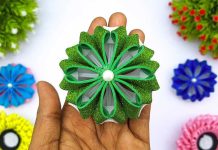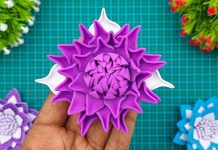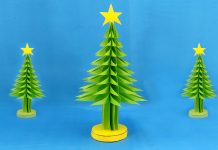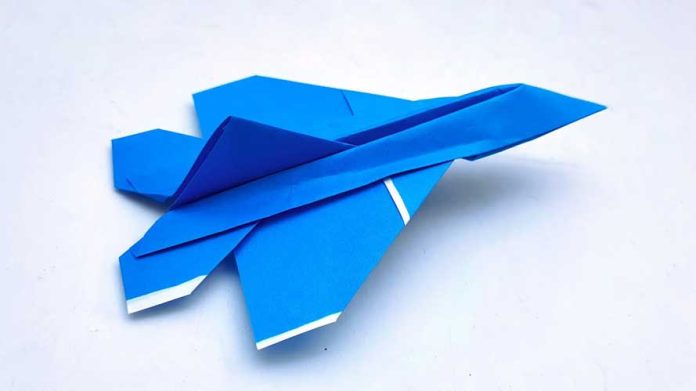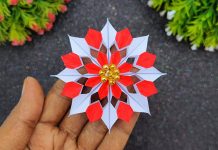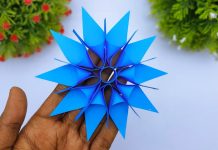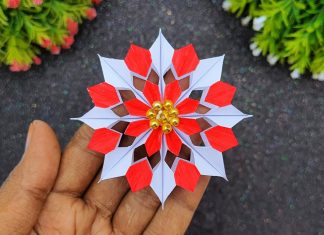Learning how to make paper airplane is a fun and engaging activity for kids and adults alike. Whether you’re a beginner or a seasoned paper airplane enthusiast, this guide will help you create a simple yet high-flying paper airplane. Let’s get started and take flight with this classic craft!
Materials You’ll Need:
- A standard sheet of A4 or letter-size paper (8.5 x 11 inches)
- A flat surface for folding
- Optional: Markers or crayons for decoration
Step 1: Start with a Plain Sheet of Paper
Take a standard sheet of A4 or letter-size paper. Place it on a flat surface with the long side facing you.
Step 2: Fold the Paper in Half Lengthwise
Fold the paper in half lengthwise to create a crease down the middle. Make sure the edges align perfectly, then unfold the paper to reveal a centered crease.
Step 3: Create the Nose of the Airplane
Fold the top corners of the paper down towards the center crease. The edges should meet at the crease, forming two triangular flaps. This creates the pointy nose of the airplane.
Step 4: Fold the Top Edges to the Center
Take the top edges of the triangles you just made and fold them down to meet the center crease again. This will narrow the nose and make the airplane more aerodynamic.
Step 5: Fold the Paper in Half Again
Fold the entire paper in half along the original center crease. The folds from the previous steps should now be on the inside.
Step 6: Form the Wings
To create the wings, fold down one side of the paper, aligning the top edge with the bottom edge of the airplane’s body. Repeat this step on the other side to create symmetrical wings. Ensure both wings are the same size and aligned.
Step 7: Adjust the Wing Tips
For improved flight performance, you can slightly bend up the tips of the wings. This helps stabilize the airplane during flight.
Step 8: Test Your Paper Airplane
Your paper airplane is now ready for a test flight! Hold it by the bottom, just behind the nose, and give it a gentle throw. Adjust the wings if necessary to achieve the best flight.
Additional Tips:
- Experiment with different types of paper, such as lightweight or heavier stock, to see how it affects flight performance.
- Decorate your paper airplane with markers or crayons to make it unique.
- Try different folding techniques and designs to create various types of paper airplanes.
Making a paper airplane is a timeless and enjoyable activity that can be done anywhere with minimal materials. By following this guide on how to make paper airplane, you’ll have a high-flying creation in no time. Perfect for a fun indoor activity or a friendly competition, paper airplanes bring joy to all ages. Happy flying!



